Mitch McConnell to step down after 40 years in US Senate
The veteran senator has had a decades-long career marked by brass-knuckled tactics in crafting a conservative Supreme Court as well as repeated tangles with President Trump.
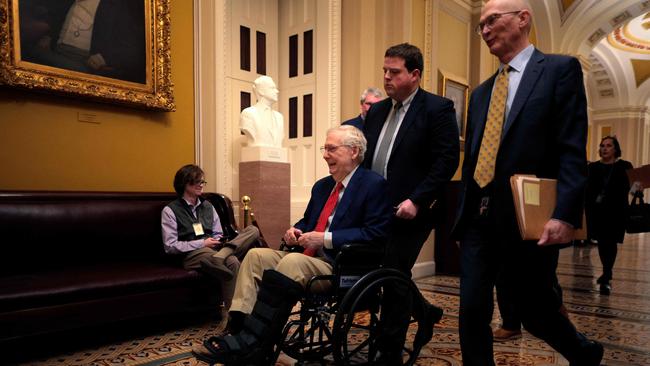
Sen. Mitch McConnell has said he wouldn’t seek another term, after a decades-long career marked by brass-knuckled tactics in crafting a conservative Supreme Court as well as repeated tangles with President Trump.
McConnell, who turns 83 Thursday, made the announcement from the floor of the Senate, where he has served since 1985 and is now in his seventh term. McConnell, considered the most consequential party leader in generations, stepped aside from that role at the end of the last Congress after 18 years.
“Representing our commonwealth has been the honour of a lifetime,” McConnell said. “I will not seek this honour an eighth time. My current term in the Senate will be my last.” His term ends in January 2027.
In remarks that touched on much of his life, from surviving polio to his improbable 1984 defeat of a popular Democratic incumbent, McConnell laced his comments with references to history, including the Kentucky statesman Henry Clay. He closed out his speech with an appeal to focus on national security, and with an emphasis on the role played by the judiciary in upholding the law – two areas where Trump is challenging traditional Republican values.
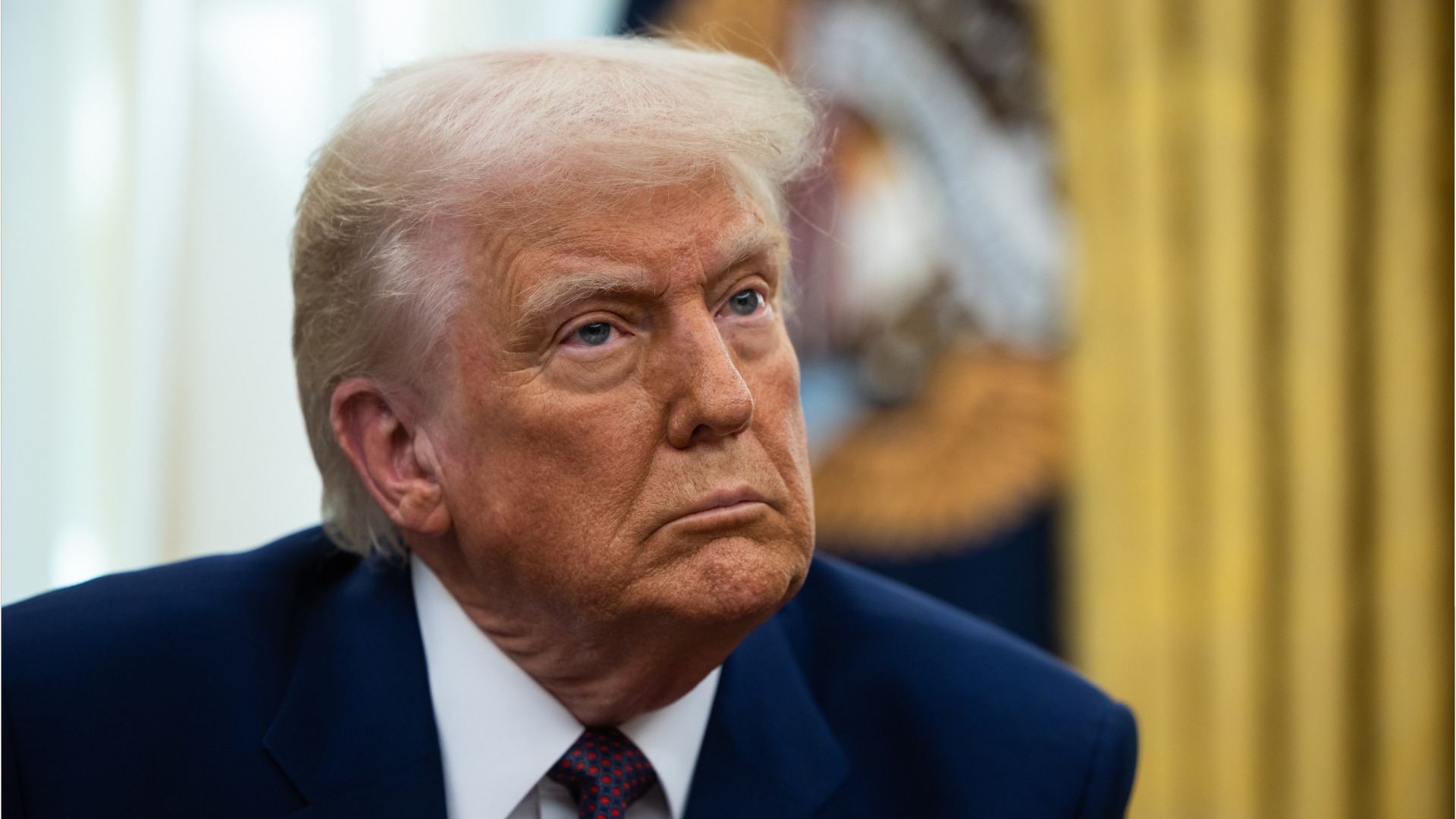
“Every debate over agriculture or infrastructure or education or taxes is downstream of the obligations of national security,” McConnell said. “Every question of policy here at home is contingent on our duty to provide for the common defence.” McConnell has suffered health problems, with falls this month following a string of incidents including a concussion two years ago and public episodes in which he froze and fell silent. He uses a wheelchair to travel the lengthy distance to the Senate floor from his offices across the street from the Capitol.
As party leader, the Kentucky lawmaker went toe-to-toe with former Democratic President Barack Obama, refusing to consider Obama’s pick to fill a vacant Supreme Court seat in 2016. After Trump upset Democrat Hillary Clinton in that year’s election, McConnell then worked with Trump in his first term to install conservatives on the Supreme Court. He also saw through the passage of tax cuts in 2017.
McConnell has regularly sparred with the president, in particular over Trump’s role in the Jan. 6, 2021 Capitol riot by Trump supporters, McConnell’s support for aid to Ukraine and his backing of a muscular U.S. role abroad. He has also worked with Democrats to find ways to raise the debt ceiling over objections from some Republicans.
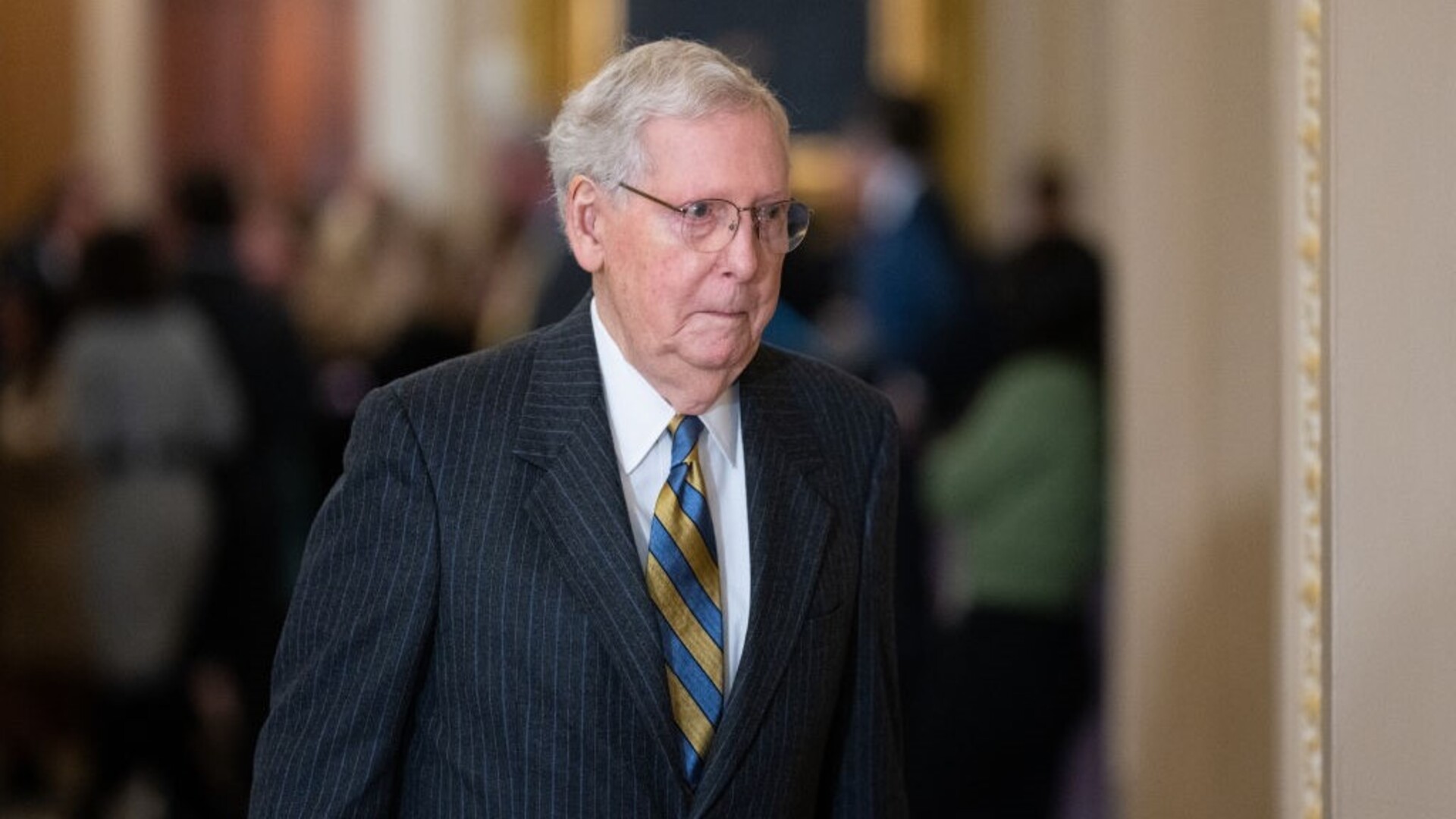
McConnell repeatedly defended the Senate’s filibuster, which requires most bills to get 60 votes rather than a simple majority to advance, after both Trump and Democrats separately tried to end it. The rule allows the minority party to block bills that don’t have significant bipartisan support.
McConnell has also been sharply critical of some of Trump’s cabinet picks in his second term as president, speaking out when other Republicans held their tongues over fears of getting on the wrong side of the powerful president.
In recent weeks, McConnell has voted against the confirmations of Health Secretary Robert F. Kennedy Jr., Defence Secretary Pete Hegseth and Director of National Intelligence Tulsi Gabbard, the only Republican to oppose so many Trump officials. All were confirmed in the Senate, where Republicans have a 53-47 majority.
A set of other Republicans are already eyeing his seat, amid widespread expectations that McConnell wouldn’t run again. They include Daniel Cameron, a longtime protégé who once served as Kentucky’s attorney general; Rep. Andy Barr (R., Ky.), and businessman Nate Morris.
Dow Jones

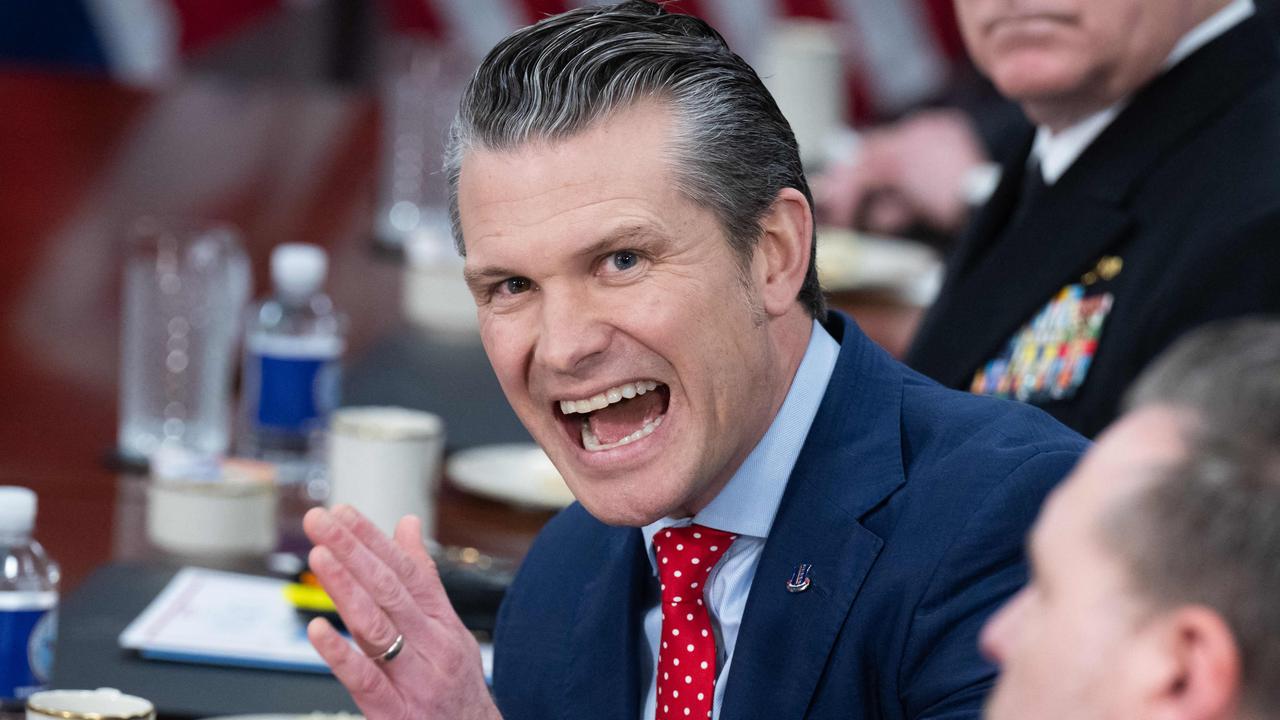
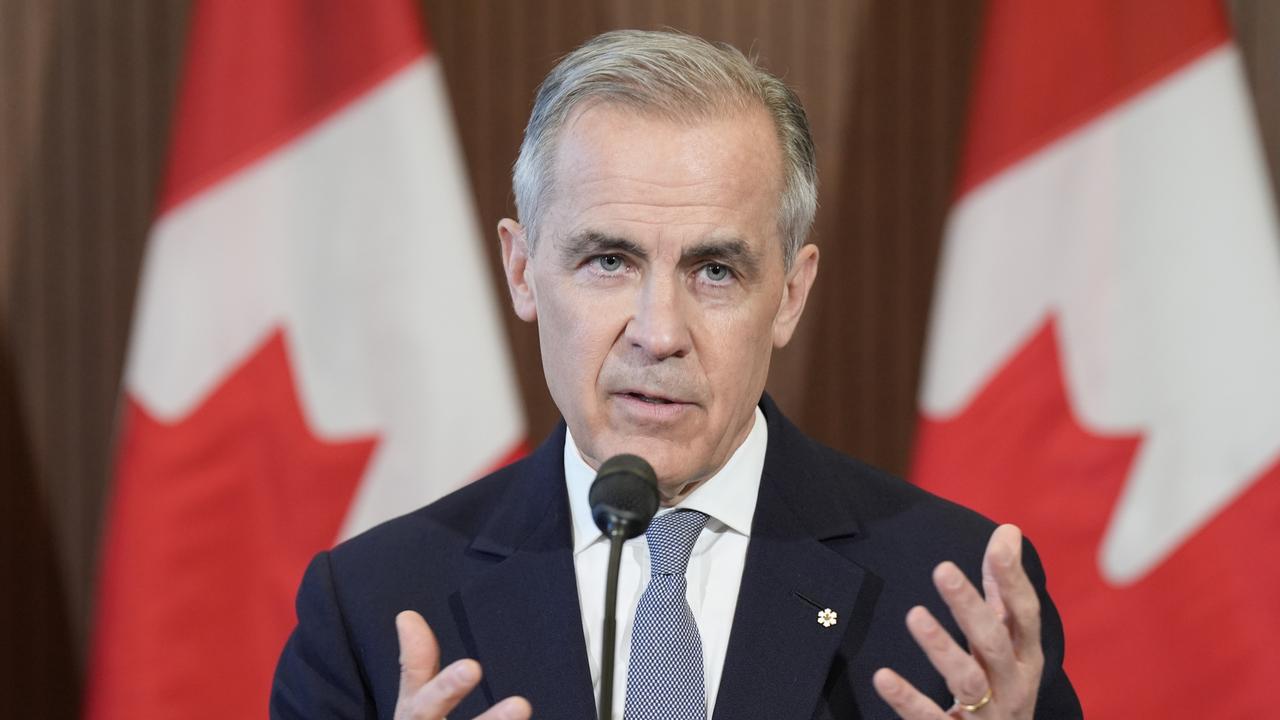
To join the conversation, please log in. Don't have an account? Register
Join the conversation, you are commenting as Logout